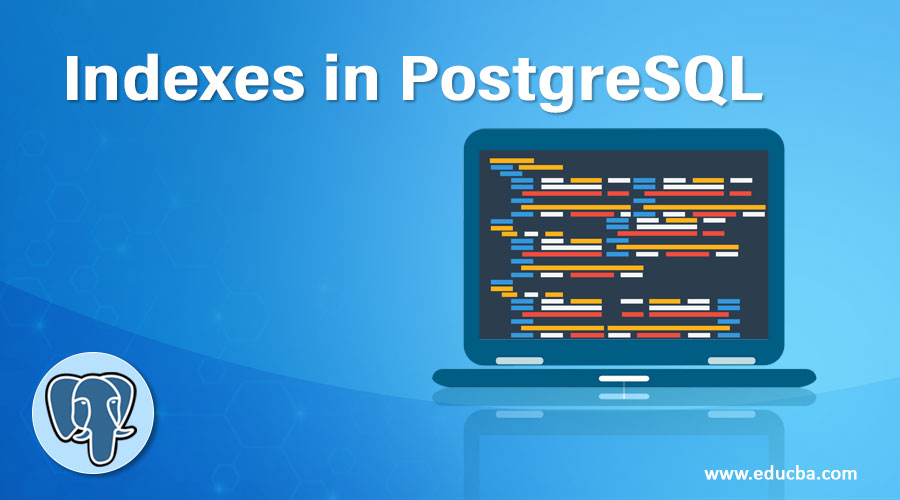
That said, the ARRAY method is massively faster than splitting to a table. Keep in mind the tried and true method of string replacement outside of needing to anchor the string is still the fastest and most efficient native method however clunky it may be, length(str) - replace(str, replacement) Next I found the following as being the fastest native method, length(str) - regexp_replace(str, replacement, g) Under these constraints, I found that the procedural method with plperl was the fastest. This method turned out to the be the fastest overall, CREATE LANGUAGE plperlĬREATE FUNCTION count_occurances(inputStr text, regex text)įollowing the same format of data, performance implications can be obtained with CREATE TABLE fooĪRRAY(SELECT trunc(random()*100+1)::int % 100 FROM generate_series(1,5000) AS t(x)), SELECT count(*)ĬROSS JOIN LATERAL regexp_matches(data, '\m2\M', 'g') Here we get away from splitting and instead use the \m, and \M anchors for word-boundaries. SELECT id, xĬROSS JOIN LATERAL regexp_split_to_table(data, ' ')Īnd, from there you can run regular SQL on it. It returns the starting position of the substring within the string, or 0 if the substring is not found. In this method you're using GROUP BY and count(). The PostgreSQL position function is used to find the location of a substring within a given string. Using a TABLE Splitting into a table with regexp_split_to_table CROSS JOIN LATERAL string_to_array(data, '2') AS t(x) Īlternatively, we can use string_to_array to separate something that's space-delimited and then count the matches, SELECT id, array_length(array_positions(x, '2'), 1)ĬROSS JOIN LATERAL string_to_array(data, ' ') AS t(x)

BITLENGTH (str) Returns the length of the string str in bits. SELECT FirstName, ASCII ( FirstName) from Person. ASCII (str) Returns the ASCII value of the leftmost character of the string str.
#POSTGRESQL FIND SUBSTRING HOW TO#
SELECT array_length(x, 1) - 1ĬROSS JOIN LATERAL regexp_split_to_array(data, '\m2\M') AS t(x) Here we will discuss how to use the string function in PostgreSQL: 1.

Here we have to subtract one match splits a string into two fragments, and thus the occurrences is one less than the fragment counts: this xyx split on y, produces and we want the length to be 1 corresponding to the occurrences of y. SELECT length(data) - length(regexp_replace(data, '\m42\M', '', 'g')) That reduces to a no-op, but if we we're search for something that was longer than one character, it'd be required. This is why we explicitly include / length('2'). SELECT length(data) - length(regexp_replace(data, '\m2\M', '', 'g'))īecause we're not splitting on simple spaces (' ') though we could with more complexity, we may also want to accommodate sub-strings of different lengths like in this question. We can remedy that by using regexp_replace to anchor the substring. Additional string manipulation functions are available and are listed in Table 9-7. As an example, the above replaces the 2 in 329. Remove the longest string containing only the characters (a space by default) from the start/end/both ends of the string. This method isn't applicable here because without an anchor, we can't be sure if we're replacing the substring inside of something-space-delimited.

Most RDBMS's provide some method to calculate substring occurrences like this, SELECT length(data) - length(replace(data, '2', '')) Possible solutions String Using length and regexp_replace SLOW Something that converts from a string to a table.

Something that converts from a string to an array.FASTEST was the pl/perl method which I placed last on this list because it requires pl/perl, and is likely not needed for most workloads.įAST A string function, such as one the pattern explained below length(str) - length(*replace(str, replaceStr)).& like_regex "authVar" value contains 'authVar' The jsonpath: $.** find any value at any level (recursive processing) A Postgres'y way of doing this converts the string to an array and counts the length of the array (and then subtracts 1): select arraylength(stringtoarray(name, 'o'), 1) - 1 Note that this works with longer substrings as well. Where jsonb_path_exists(params, '$.** ? = "string" & like_regex "authVar")') In Postgres 12+ the recursive searching in JSONB is pretty comfortable with the new feature of jsonpath.įind a string value containing authVar: select * The query is very fast but may return unexpected extra rows in cases when the searched string is a part of one of the keys. I would propose the brute force method which should work well: select * In Postgres 11 or earlier it is possible to recursively walk through an unknown json structure, but it would be rather complex and costly.


 0 kommentar(er)
0 kommentar(er)
